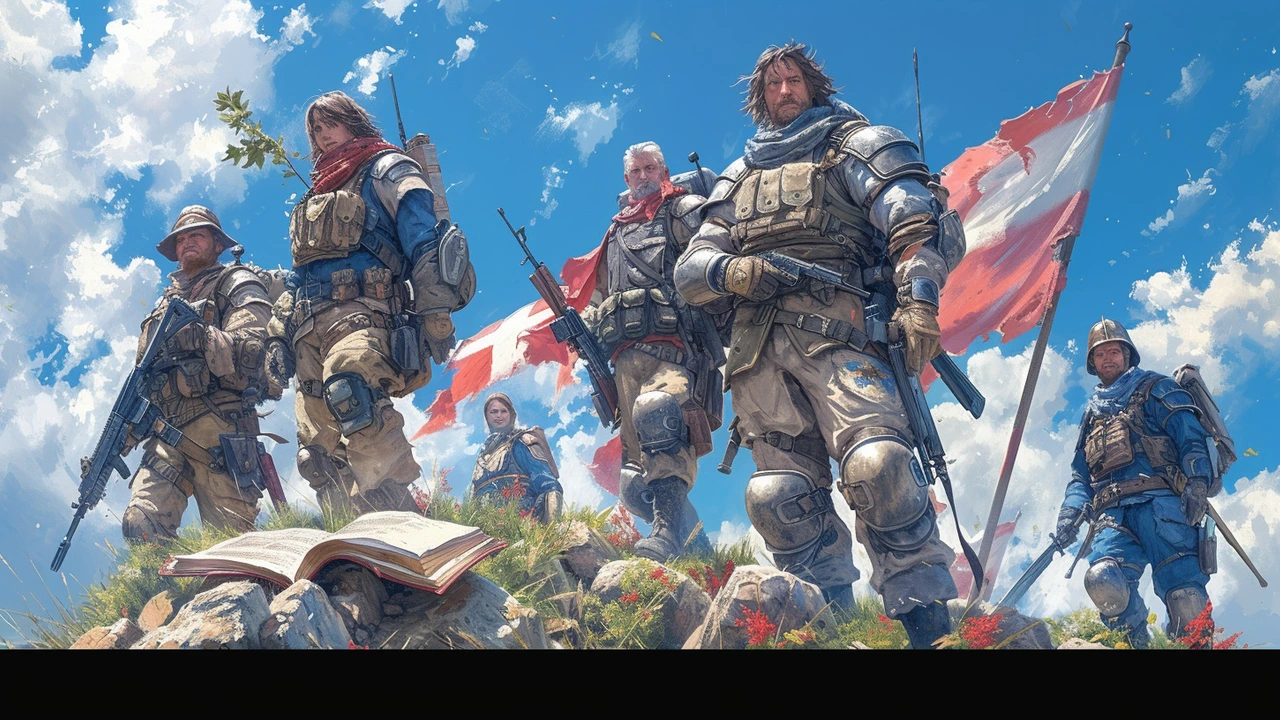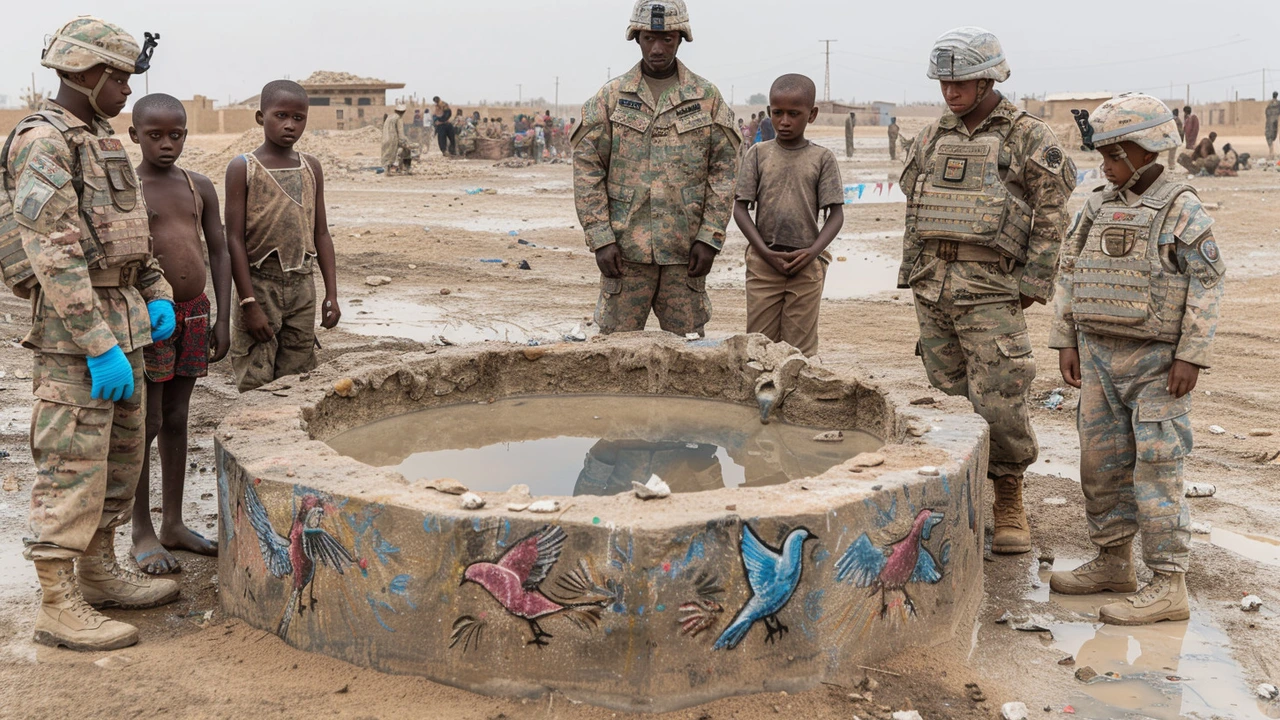Ever wondered how peacekeeping shows up in global politics? This tag gathers news, analysis, and first-hand stories that connect policy choices to what happens on the ground. You’ll find clear explanations of missions, plain-language policy takes, and human stories that bring context to complex conflicts.
Quick reads that explain terms like mandate, Chapter VII, or protection of civilians. Long reads that break down strategy and impact, such as "Unveiling the Complex World of Modern Peacekeeping" and "Global Peacekeeping Efforts: A Unified Commitment to World Stability." Personal pieces like "The Quiet Warriors" and "Celebrating the Courage of Peacekeepers" show the human side of missions. There’s also focused analysis, like the profile "Denis Stairs: A Legacy in Canadian Politics," which links national policy to international action.
Each article tags the main idea up front — history, strategy, human rights, or community rebuilding — so you can jump straight to what matters. If you want legal context, look for posts that mention UN mandates or international law. If you want practical tactics, read the strategy and community development pieces.
Want to track a mission? Start with long-reads that explain the mandate and history, then read recent posts for updates and field reports. Interested in policy? Open profiles and analysis pieces to see how national politics influence deployments. Craving human perspective? Read the personal essays and interviews — they show how decisions play out for civilians and peacekeepers alike.
Here are three quick picks to begin with: "Navigating Through Conflict" for conflict-resolution tools and negotiation basics; "The Resilient Core of Peacekeeping Operations" for operational strategy; and "The Critical Role of Peacekeeping Missions in Global Humanitarian Efforts" for links between aid, protection, and diplomacy. These give a balanced view of why peacekeeping matters politically and practically.
When you read, check for the mission name, date, and whether the article cites official sources or eyewitness accounts. That helps you separate emerging facts from opinion. Ask: what is the mandate? Who funds or leads the mission? What are the short-term and long-term goals?
If you're using articles for research or teaching, cite the long-reads for background and the human stories for case studies. For classroom discussions, compare a strategy piece with a personal account to spark debate about priorities: security, development, or political settlement.
This tag is meant to be usable — not just informative. Use it to stay current, to prepare questions for policymakers, or to understand how a single mission fits into broader global politics. Want something specific? Check the About or Contact pages to reach the editors and suggest a topic.

Hey there, fellow peace enthusiasts! I have something important to share. Peacekeeping has a profound impact on global stability, a topic close to my heart, and that I have explored deeply in this post. Expect to uncover how these selfless actions are creating a harmonious world, reshaping the global political landscape, and fostering international relationships. As a quick peek into my latest blog post, we will journey together through the complexities and triumphs of the peacekeeping endeavor.

Hi there! Today, let's dive into an intriguing discussion about the evolution and impact of peacekeeping. We'll be exploring some significant changes in peacekeeping strategies over time and delving into the profound implications these have on global politics. Understanding the shifts in peacekeeping methods can offer us valuable insights into our world's history and its future. Join me as we unravel this fascinating topic.
